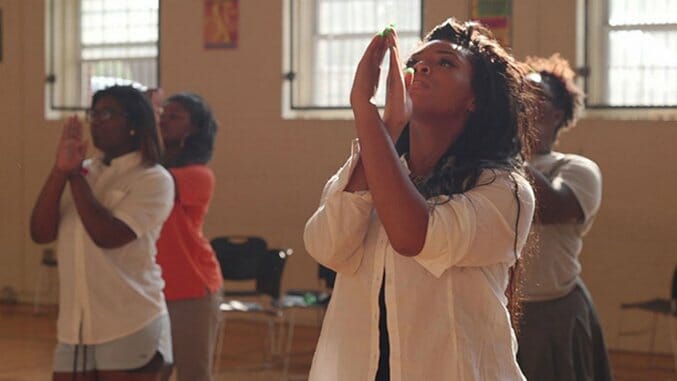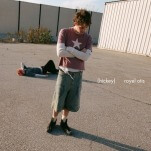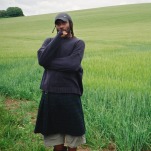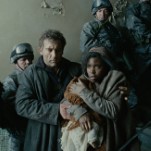Step

Following in the similarly crowd-pleasing Drumline and Stomp the Yard’s foot-stomps is dance documentary Step. This year, especially as the film is set against the backdrop of the Black Lives Matter movement and the death of Baltimore’s Freddie Gray, America seems miles away from something so unabashedly heartwarming, sometimes an uncomfortably innocuous offense in a harsh environment, like candy smuggled into prison. The film is a pleasant (if sweetly facile) reprieve from the real world, though the real world threatens this small joy. That threat comes care of the fact that the documentary isn’t just about stepping, but about the successes and struggles of those in the first class to attend the Baltimore Leadership School for Young Women, an all-girls high school with the express goal of having all of its graduating seniors accepted into college.
Some of these seniors are founding members of the school’s percussive step team (think Stomp but more empowering) who have stayed with it until their final year. New coach Gari McIntyre works her girls, led by charismatic captain Blessin Giraldo, like a drill instructor: The language and discipline of the military is ever-present at their practices. Team members are dressed down for wearing the wrong shoes, for having bad attitudes, for any lack of personal control that could become a liability once they’ve graduated past the walls of their school. The line between art and business, between the worlds of the amatuer and the professional, is clearly porous here. Counselors, teachers and coaches push a philosophical clarity on these African American girls throughout both their academics and their extracurriculars: You have to work twice as hard as anyone else. In that sense, as the kids take their stepping to competition, director Amanda Lipitz structures Step around the eve of battle as much as on the cusp of looming graduation.
In each of Step’s introductory vignettes—whether with stepping senior subjects Blessin, Cori or Tayla—the film engenders empathy for these girls (all of whom are naturals on camera, their personalities coming through instantly) as we realize just how lucky they are and how lucky they shouldn’t have to be. BLSYW is a lottery-based school—its college prep advisors can’t save all the girls in Baltimore, and even those they can help end up facing big problems, which Lipitz portrays with a subjective, low-angled flightiness which projects an intimacy too often undermined by too-frequent cuts. Some girls struggle with electricity-less homes, some with food-less refrigerators but in each case the film allows these nuances to demonstrate the rare meeting of passion and circumstance needed to better such lives. Small cracks do, of course, appear in the bubble of empowerment provided by the school’s environment and by the step team’s physical expression.
-

-

-

-

-

-

-

-

-

-

-

-

-

-

-

-

-

-

-

-

-

-

-

-

-

-

-

-

-

-

-

-

-

-

-

-

-

-

-

-








































